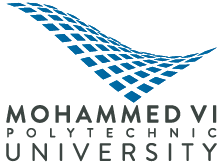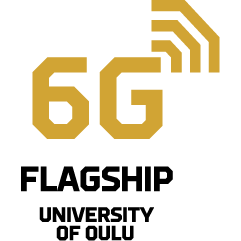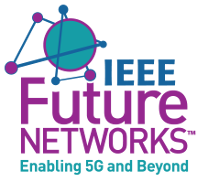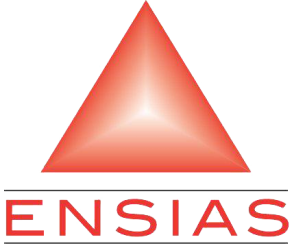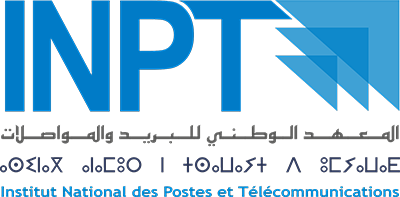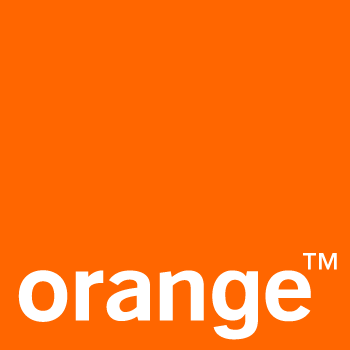6G SE - Brain-storming on 6G
WICE SE - Empowering Young Professionals and Women in Communications and Networking
6G SE - Brain-storming on 6G
Date: Wednesday, 17th of April, 9:00 to 10:30.
Room: Mogadorium room (https://wcnc2019.ieee-wcnc.org/overview)
Moderators: Matti Latva-aho, Ari Pouttu and Kari Leppänen representing 6G Flagship programme, University of Oulu, Finland.
Our future society is data-driven, enabled by near-instant, unlimited wireless connectivity. 6G will emerge around 2030 to satisfy the expectations not met with 5G, as well as, the new ones fusing AI inspired applications in every field of society with ubiquitous wireless connectivity.
The future applications call for extreme intelligence from the wireless networks; centralized cloud based applications will not alone be able to provide those. Instead, decentralized AI and ML solutions for network edge as well as functioning in devices are required. Besides current MNO centric networks operation, local vertical specific service providers (so-called micro-operators) will appear as well in the near future to enable rapid deployment of various new services in future value chains. Service offerings will become location dependent in addition to current mobile broadband services. However, this will call for renewal of legislation as well as changes in frequency regulation.
The societies will heavily depend on digital services enabled by 5G and beyond technologies with extremely high level of automation. Ultra-reliable low-latency connectivity (URLLC) solutions must be developed beyond 5G New Radio; URLLC solutions must scale to large number of devices with varying requirements coming from different verticals. A huge challenge remains to offer the future services ubiquitously, i.e., also for remote areas with often limited backhauling. Capacity increase requirements are never ending, and thus, wireless connectivity solutions towards Terahertz bands must be carefully investigated as well as necessary RF and circuit technologies need to be developed.
This 6G Brainstorming Session will focus on some of the key areas described above. We expect audience to actively participate in discussions and as a starting point we’ll summarize the recent outcomes from 6G Wireless Summit organized by 6G Flagship programme (www.6gflagship.com). The participants can prepare opinions and ideas on the following questions beforehand. What are potentially: 1) the key 6G use cases, major societal and business disruptions calling for 6G, 2) new device forms and human-machine interfaces, 3) key enablers for new services, as well as 4) technology breakthroughs required (in HW, radio concepts and networking).
Moderators
Matti Latva-aho
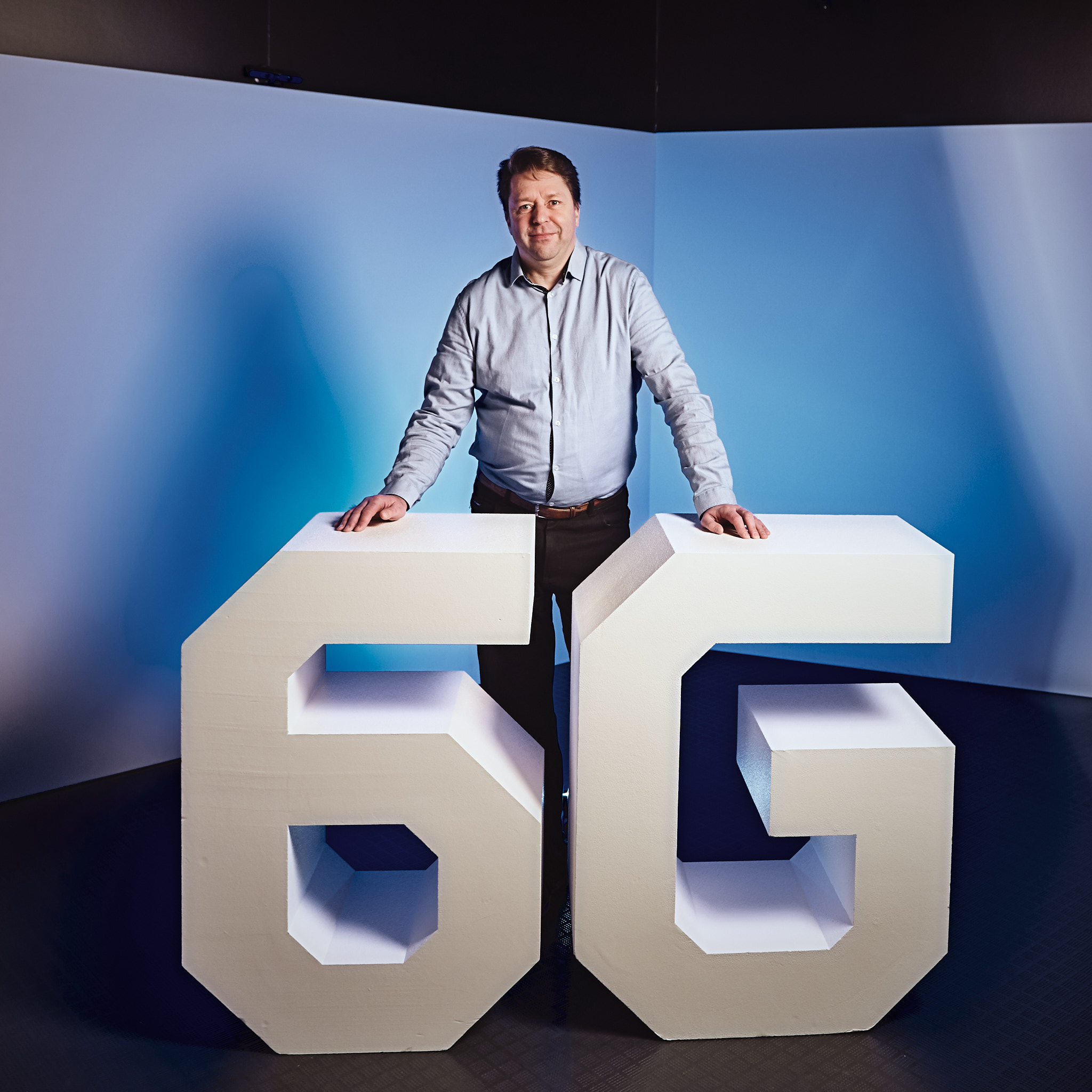
Matti Latva-aho received the M.Sc., Lic.Tech. and Dr. Tech (Hons.) degrees in Electrical Engineering from the University of Oulu, Finland in 1992, 1996 and 1998, respectively. From 1992 to 1993, he was a Research Engineer at Nokia Mobile Phones, Oulu, Finland after which he joined Centre for Wireless Communications (CWC) at the University of Oulu. Prof. Latva-aho was Director of CWC during the years 1998-2006 and Head of Department for Communication Engineering until August 2014. Currently he serves as Academy of Finland Professor in 2017 – 2022 and is Director for 6Genesis - Finnish Wireless Flagship for 2018 - 2026. His research interests are related to mobile broadband communication systems and currently his group focuses on 5G and beyond systems research. Prof. Latva-aho has published 350+ conference or journal papers in the field of wireless communications. He received Nokia Foundation Award in 2015 for his achievements in mobile communications research.
KARI LEPPÄNEN
KARI LEPPÄNEN received the M.Sc. and Ph.D. degrees from Helsinki University of Technology, Finland, in 1992 and 1995, respectively, majoring in space technology and radio engineering. He has worked in National Radio Astronomy Observatory, USA, Helsinki University of Technology, Finland, Joint Institute for VLBI in Europe, The Netherlands, Nokia Research Center, Finland and Huawei Finland. Currently he holds a position at Oulu University and is also the founder of a radio technology start-up Koherent. His research interests include wireless autonomous systems, ultra-dense wireless networks with sensing capabilities and radio positioning.
Prof. Ari Pouttu
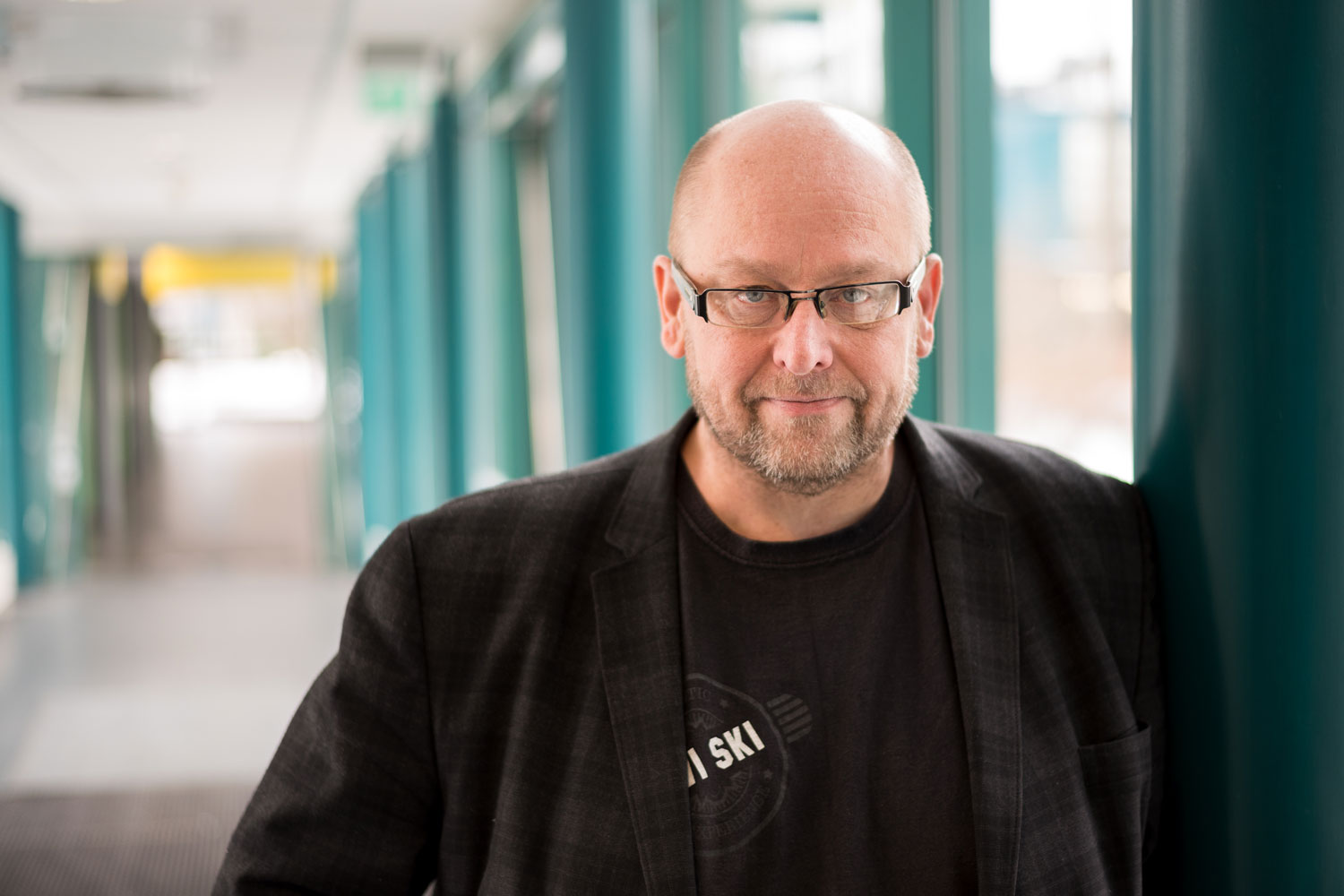
Prof. Ari Pouttu has scientific and engineering experience as a researcher, project manager and research manager in various domains of ICT development. The projects under his command have resulted in waveforms and system designs for military radio communication, radar systems, embedded device networks, future wireless radio communications including cellular systems, cognitive networks and navigation applications. He has published more than 60 conference or journal papers in the field of wireless communications and he holds two patents. He was the Director of Centre for Wireless Communications in the University of Oulu from 2006 to 2012. Currently he is heading as a professor a research group targeting dependable wireless solutions for business verticals such as energy, industry, health and automotive including solutions for 5G. He is the principal investigator of 5G test network (5GTN) experimental research, co-PI of H2020 Sat5G, 5GDrones, and 5G-ENHANCE projects and is acting as vice-director of the national 6Genesis flagship targeting 6G solutions.
WICE SE - Empowering Young Professionals and Women in Communications and Networking
Date: Tuesday, 16th of April, 9:00 to 10:30.
Room: Mogadorium room (https://wcnc2019.ieee-wcnc.org/overview)
Organizers:Ana García Armada; Maria Barros Weiss; Hedaia Ghannam
Abstract
This panel is co-Organized by IEEE ComSoc Women in Communications Engineering (WICE) Standing Committee, Networking Networking Women (N2Women), and Young Professionals (YP) Committee.
WICE, N2Women and YP are co-organizing this panel to bring together interesting perspectives on how to encourage and support women and young professionals in Communications and Networking Engineering, both in the industry and academia.
Speakers will discuss various aspects of professional life in communications and networking research and share own experiences, as well as present their views on how to empower women in engineering and how young professionals can access carriers in Engineering.
Stefano Galli, IEEE Fellow Committee Chair and previous Member of the IEEE ComSoc Board of Governors (2008-2015) will present some statistics and views on “Women Elevation in IEEE” and will share with the participants about the plans from the Board of Governors to facilitate women inclusion in the Board.
Professor Evşen Yanmaz, from Özyegin University, Istanbul, Turkey, will present her own view on the Challenges for Young Professionals in Communications and Networking Today.
Motivated by Galli’s and Yanmaz’ presentations, a panel discussion on Empowering Young Professionals and Women in Communications and Networking will follow. The panel will be composed by professionals from different backgrounds and countries, and working in different types of organizations, bringing perspectives from the Industry, Academia and public organizations. The audience will be invited to participate by addressing the thematic and contributing with questions.
Panel Session Format
The session will be organized as follows:
Welcome introduction and round table participants’ short presentation (15 min)
Keynote speech on “Women Elevation in IEEE”, Stefano Galli, IEEE Fellow Committee Chair (15 min)
Keynote speech on “Challenges For Young Professionals in Communications and Networking today”, Evşen Yanmaz, Assistant Professor at Özyegin University, Istanbul, Turkey (15 min)
Panel Discussion on "Empowering Young Professionals and Women in Communications and Networking" (45 min).
Organizers
Ana García Armada, Universidad Carlos III de Madrid, Spain, WICE Chair
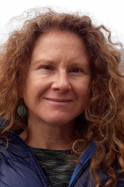
Dr. Ana García Armada is currently a Professor at University Carlos III of Madrid, Spain, where she has occupied a variety of management positions. She is leading the Communications Research Group at this university. She has been visiting scholar at Stanford University, Bell Labs and University of Southampton. She serves on the editorial board of IEEE Communications Letters and IEEE Transactions on Communications. She has been/is part of the organizing committee of IEEE Globecom 2019 and 2021 (General Chair), IEEE Vehicular Technology Conference (VTC) Fall 2018, IEEE Vehicular Technology Conference (VTC) Spring 2018 and 2019, among othres. She is the Secretary of IEEE ComSoc Signal Processing and Consumer Electronics Committee and the Chair of the IEEE ComSoc Women in Communications Engineering Standing Committee. She has received the Young Researchers Excellence Award, the Award to Outstanding achievement in research, teaching and management and the Award to Best Practices in Teaching, all from University Carlos III of Madrid. She was awarded the third place Bell Labs Prize 2014 for shaping the future of information and communications technology.
Maria Barros Weiss, Eurescom, Germany
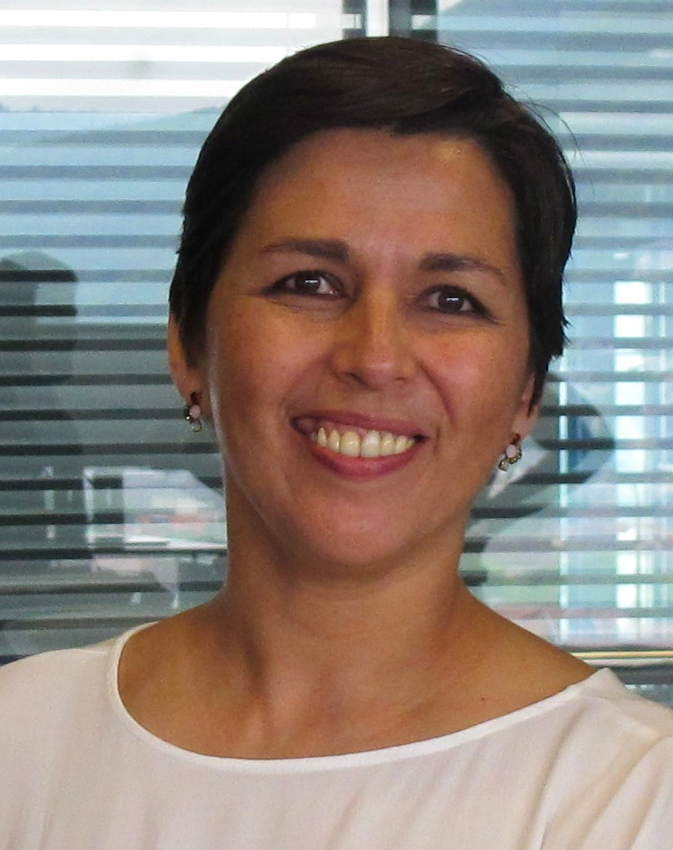
Dr. Mrs. Maria Barros Weiss, Programme Manager at Eurescom, Germany, is project Cooordinator of the project SLICENET - End-to-End Cognitive Network Slicing and Slice Management Framework in Virtualised Multi-Domain, Multi-Tenant 5G Networks, supported by the European Commission Horizon 2020 Programme as part of the 5G PPP - 5G Infrastructure Public Private Partnership (https://slicenet.eu). With expertise in communication networks, she has been involved in different ICT areas, like 5G, Smart cities, Future Internet (FI), and Artificial Inteligence (AI); focusing on topics like Network Management, Network Slicing, Machine-learning, Human-Machine interfaces, and Language Technologies. She has a Ph.D. in Communication and Language technology from the University of Bonn, Germany; a M.Sc. degree in Computers and Electrical Engineering from the University of Porto, Portugal; and a B.Sc. degree in Computers and Systems Engineering from the University of Algarve, Portugal. She was Lecturer in Engineering at the Lisbon College of Engineering (ISEL) before she joined Eurescom in 2008.
Hedaia Ghannam,University College London, UK
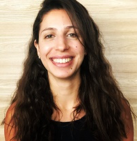
Hedaia Ghannam started working toward her Ph.D. degree in the communication and information system research group, electronic and electrical engineering department at UCL since 2015. She obtained her MSc. (with distinction and best project award) in telecommunication and information systems from University of Essex in 2014 and her BSc. Degree (First Class Hons.) in electrical engineering from Princess Sumaya University for Technology, Amman, Jordan, in 2011. Her research interests are in the physical layer of future communication systems, such as the 5th Generation cellular network and E-band transmission systems, where she looks at the system from different aspects including spectrally efficient modulation formats, channel coding and the design of practical channel estimators and detectors for the aforementioned systems. Ms, Ghannam was the recipient of the overseas research student (ORS) award and Dean Prize to study at UCL, HESPAL scholarship for her MSc. She received the Turing Institute Prize in 2017 and EPSRC impact acceleration account (IAA) funding in 2018.
Gaur Shashank, ECE, Paris
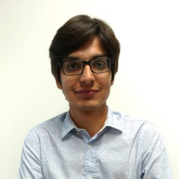
Shahsank Gaur is a recent graduate from ECE Paris in Embedded System. His research interest are Wireless Sensor networks, Real Time Embedded Systems, etc. He has worked on various industrial and research projects in past with organizations such as GNURadio, EADS(AIRBUS), Infineon Technologies, Ansaldo STS(Hitachi Rail), Aldebaran Robotics, etc. Before graduating from ECE Paris, he completed undergraduate studies in Electronics and Communications from BKBIET, Pilani, India in 2011.
Wendi Heinzelman University of Rochester, New York
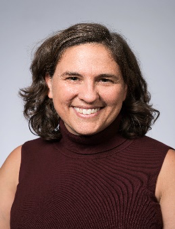
Wendi Heinzelman is Dean of the Edmund A. Hajim School of Engineering and Applied Sciences at the University of Rochester. She is also a full professor in the Department of Electrical and Computer Engineering with a secondary appointment in the Computer Science Department at Rochester. Dr. Heinzelman received a B.S. degree in Electrical Engineering from Cornell University and M.S. and Ph.D. degrees in Electrical Engineering and Computer Science from MIT. Dr. Heinzelman’s research interests span diverse areas, from wireless communications and networking to mobile-cloud computing and multimedia communication. Dr. Heinzelman is a member of N^2 Women and SWE, a Fellow of the ACM, and a Fellow of the IEEE.
Panelist
Evsen Yanmaz, Özyegin University, Istanbul
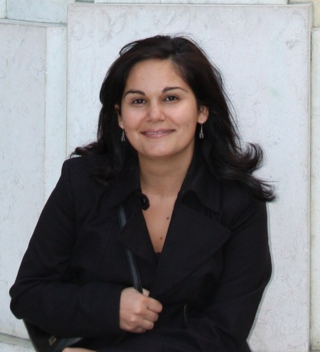
Evsen Yanmaz is Assistant Professor in the Department of Electrical and Electronics Engineering at Özyegin University, Istanbul, Turkey. She received the B.S. degree in electrical and electronics engineering from Bogazici University in 2000; the M.S. degree in electrical engineering from SUNY at Buffalo in 2002; and the Ph. D. degree in electrical and computer engineering at Carnegie Mellon University in 2005. Before joining Özyegin University, she held positions as Senior Researcher and Project Leader at Lakeside Labs, Klagenfurt, as Senior Researcher at NES Institute at University of Klagenfurt, as postdoctoral researcher at the Los Alamos National Laboratory and as researcher at Carnegie Mellon University. Dr. Yanmaz is a member of IEEE. Her research interests include self-organizing networks, cooperative networks, coordination of airborne and ground sensor networks, and design and analysis of multi-UAV systems.
Muhammad Ali Imran, University of Glasgow, Scotland
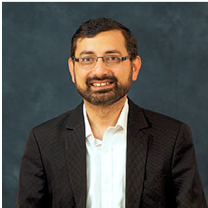
Muhammad Ali Imran is Professor of Communication Systems in University of Glasgow. He is an Affiliate Professor at the University of Oklahoma, USA and a visiting Professor at 5G Innovation Centre, University of Surrey, UK. He has over 18 years of combined academic and industry experience, working primarily in the research areas of cellular communication systems. He has been awarded 15 patents, has authored/co-authored over 400 journal and conference publications, and has been principal/co-principal investigator on over £6 million in sponsored research grants and contracts. He has supervised 40+ successful PhD graduates.
Marco Di Renzo French National Center for Scientific Research (CNRS), France
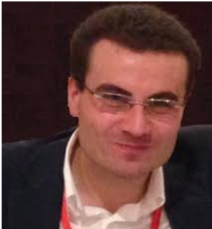
Marco Di Renzo (SM’05–AM’07–M’09) was born in L’Aquila, Italy, in 1978. He received the Laurea (cum laude) and the Ph.D. degrees in Electrical and Information Engineering from the Department of Electrical and Information Engineering, University of L’Aquila, Italy, in April 2003 and in January 2007, respectively. From August 2002 to January 2008, he was with the Center of Excellence for Research DEWS, University of L’Aquila, Italy. From February 2008 to April 2009, he was a Research Associate with the Telecommunications Technological Center of Catalonia (CTTC), Barcelona, Spain. From May 2009 to December 2009, he was an EPSRC Research Fellow with the Institute for Digital Communications (IDCOM), The University of Edinburgh, Edinburgh, United Kingdom (UK). Since January 2010, he has been a Tenured Researcher (“Chargé de Recherche Titulaire”) with the French National Center for Scientific Research (CNRS), as well as a research staff member of the Laboratory of Signals and Systems (L2S), a joint research laboratory of the CNRS, the Ecole Supérieure d’Electricité (SUPELEC), and the University of Paris–Sud XI, Paris, France. His main research interests are in the area of wireless communications theory, signal processing, and information theory. Dr. Di Renzo is the recipient of the special mention for the outstanding five–year (1997–2003) academic career, University of L’Aquila, Italy; the THALES Communications fellowship for doctoral studies (2003–2006), University of L’Aquila, Italy; and the Torres Quevedo award for his research on ultra wide band systems and cooperative localization for wireless networks (2008–2009), Ministry of Science and Innovation, Spain.
Maria Barros Weiss, Eurescom, Germany

Dr. Mrs. Maria Barros Weiss, Programme Manager at Eurescom, Germany, is project Cooordinator of the project SLICENET - End-to-End Cognitive Network Slicing and Slice Management Framework in Virtualised Multi-Domain, Multi-Tenant 5G Networks, supported by the European Commission Horizon 2020 Programme as part of the 5G PPP - 5G Infrastructure Public Private Partnership (https://slicenet.eu). With expertise in communication networks, she has been involved in different ICT areas, like 5G, Smart cities, Future Internet (FI), and Artificial Inteligence (AI); focusing on topics like Network Management, Network Slicing, Machine-learning, Human-Machine interfaces, and Language Technologies. She has a Ph.D. in Communication and Language technology from the University of Bonn, Germany; a M.Sc. degree in Computers and Electrical Engineering from the University of Porto, Portugal; and a B.Sc. degree in Computers and Systems Engineering from the University of Algarve, Portugal. She was Lecturer in Engineering at the Lisbon College of Engineering (ISEL) before she joined Eurescom in 2008.




